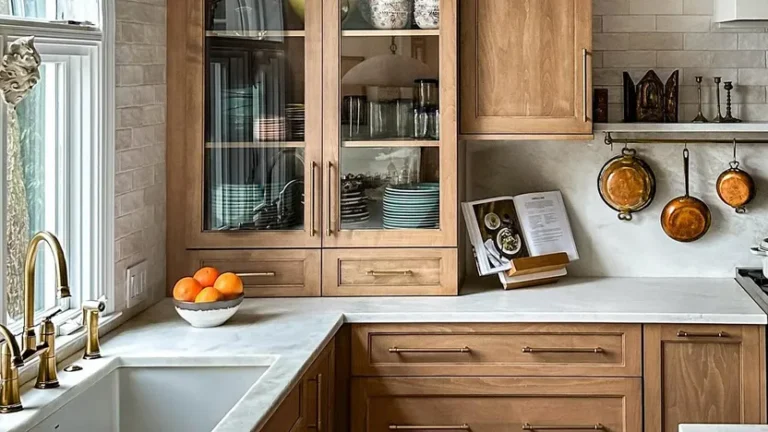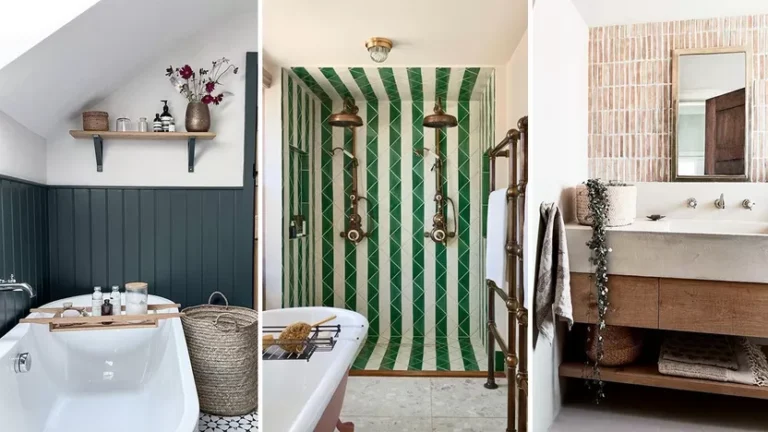
According to data from RE/MAX, nearly 80% of prospective homebuyers are willing to adjust their plans in order to lock down a house. Here are some ways they’d consider doing so.
A new survey by RE/MAX found that 80% of consumers planning to purchase a home in the next 12 months are adjusting their homebuying plans due to the current economic environment.
The survey factored in responses from 1,000 U.S.-based individuals.
Due to current market conditions, forty-three percent of prospective homebuyers have considered new and unique ways to achieve homeownership, including other property types and financing options. In order to successfully break into the housing market and become a homeowner, respondents would consider:
➜ Purchasing a fixer-upper – a property in need of remodeling either for cosmetic or structural reasons (56%)
➜ Purchasing a tiny home or prefabricated home (39%)
➜ Borrowing with a down payment of less than 20% (34%)
➜ Purchasing a multi-family home – a property occupied by the owner and additional non-owner tenants (28%)
➜ Purchasing a condo, attached home, or townhome (28%)
➜ Purchasing a home with family or friends (28%)
➜ Purchasing a home with all-cash – as in, without a loan (21%)
➜ Borrowing money from family or friends (17%)
➜ “Super commuting” – buying a home two or more hours from where you work to afford it (13%)
Dive into the details on each alternative avenue to homeownership:
Fixer-Upper
Of the 56% of respondents who said they would consider purchasing a fixer upper:
• Seventy-three percent wanted the chance to purchase a home with a lower cost
• Seventy percent would purchase as it allows them to start with a clean slate
• Fifty-six percent are willing to purchase to offer them more flexibility with location
• Twenty-eight percent of them are willing to pay $30K-$50K for repairs and renovations, with only 10% saying they’d spend upwards of $90K. The majority said under $70K, with 23% saying $50K-$70K, and 25% would spend $10K-$30K
• Ninety percent of respondents willing to purchase a fixer-upper would also consider purchasing a foreclosed home
Tiny Home/Prefabricated Home
Thirty-nine percent of prospective homebuyers surveyed are willing to purchase a tiny home or prefabricated home. They reported the following benefits for purchasing a tiny home:
• Eighty-two percent would purchase as a more affordable option
• Fifty-eight percent wanted less property to maintain
• Twenty-three percent indicated that they prefer tiny homes over other housing options
Additionally, 84% of respondents would opt for a prefabricated home to purchase at a more affordable price point and 31% noted a lack of other housing options in their area.
Down Payment of Less Than 20%
Among the alternative financing options presented, respondents were most likely (34%) to consider purchasing with a down payment of less than 20%. Respondents provided the following reasons for doing so:
• Seventy-six percent said it’s what they can comfortably afford to pay for a down payment
• Thirty-eight percent plan to purchase with a loan type that does not require 20% down, and 32% said their loan type does not require more than 3%
Half of respondents who indicated they would purchase with a down payment of less than 20% expect to put down 10% or less. An additional 40% plan to make a down payment between 10%-20%.
Multi-Family Home
Among the 29% of consumers who indicated they would purchase a multi-family home:
• Sixty-one percent want to own an investment property
• Fifty percent are willing to do so to split mortgage payments
• Forty-seven percent want to live on the same property as family and friends without having to share living space
Condo, Attached Home, or Townhome
Twenty-eight percent of respondents indicated they would purchase a condo, attached home, or townhome. A majority (68%) of which would do so to achieve more affordability. Additional reasons provided include:
• Fifty-seven percent want lower maintenance costs
• Thirty-three percent said these property types are located in better areas than other options and 30% noted a lack of other housing options in their area
• Thirty percent prefer this property type over others
• Twenty-one percent reported that they would purchase for the benefit of having a homeowners’ association
Purchasing With Family or Friends
More than a quarter (28%) of prospective buyers would purchase a home with a family member or friend.
• Seventy-eight percent want to share the cost of purchasing a home
• Sixty-nine percent would consider this option to be able to afford more than they would be able to on their own
• Respondents were most likely to consider purchasing with their partner/significant other (non-married) (38%), parent (19%), or sibling (17%)
Purchasing With All Cash
While only 21% of respondents would consider purchasing a home with all cash, of those who reported they would:
• Sixty-two percent want to avoid high mortgage interest rates
• Fifty-seven percent also noted they don’t want to go through the process of obtaining a loan and paying it off over time
• Fifty percent shared they can comfortably afford to purchase with all cash
• Twenty-two percent believe it will help them stand out among the competition in the housing market
Borrowing Money From Family or Friends
Among the 17% of respondents who reported they would borrow money from family or friends to help them buy a home:
• More than half (52%) were most likely to borrow from their parents, followed by friends (15%), partner/significant other (non-married) (11%), and siblings (11%)
• Twenty-nine percent are willing to borrow $10K-20K from family or friends, and 28% would accept $5K-10K to help them buy a home. Additionally, 19% indicated that they would ask for $30K or more from family or friends
Super Commuting
Thirteen percent of respondents indicated they would be willing to super commute for the right purchase. Of those who would, 75% identified location, affordability, and flexibility to choose where they live (without changing their career) as the main benefits.
As buyers weigh their potential paths to homeownership, they’ll want to leverage the expert guidance of a real estate professional. Connect with a local RE/MAX agent to help you navigate the homebuying process.







